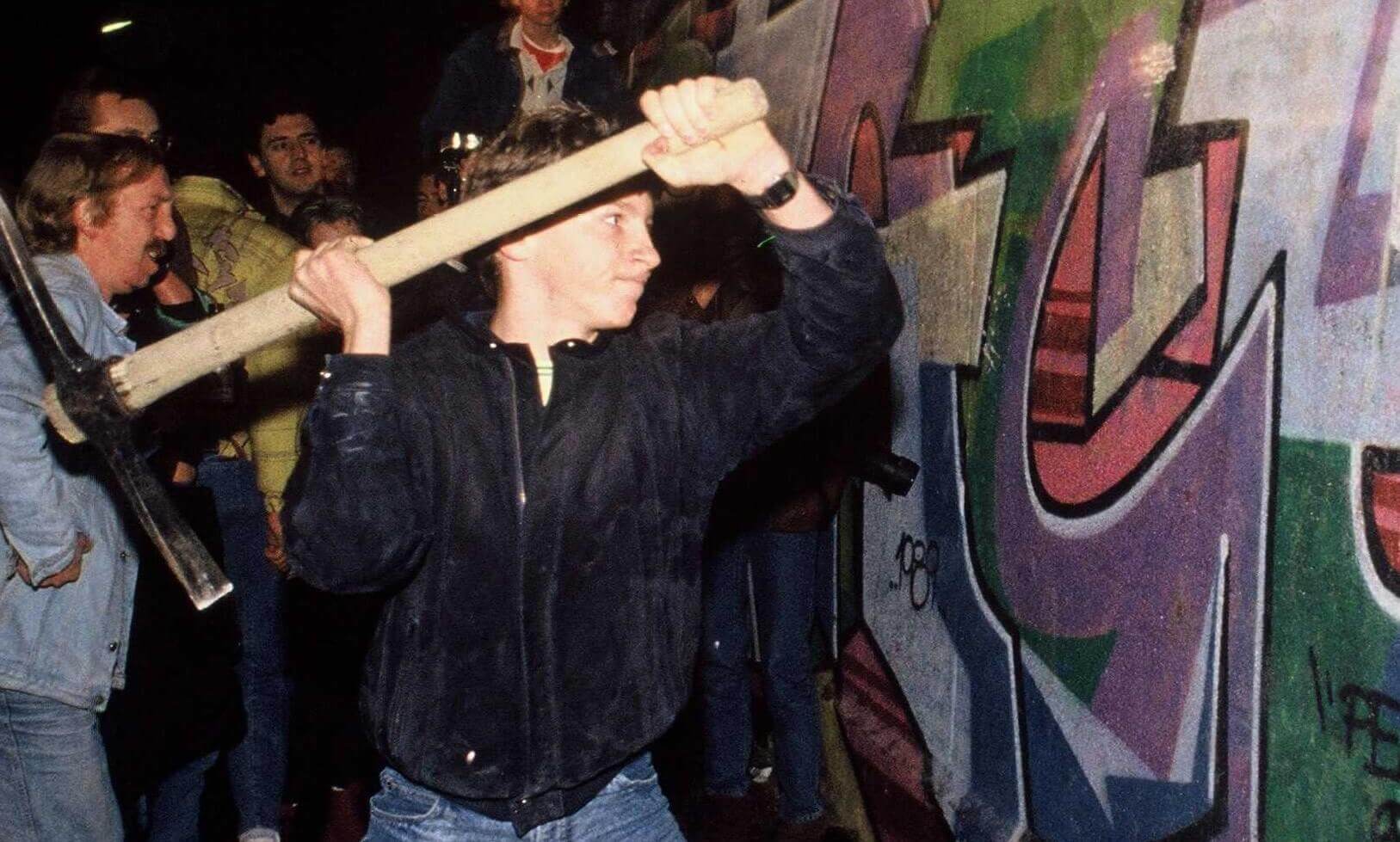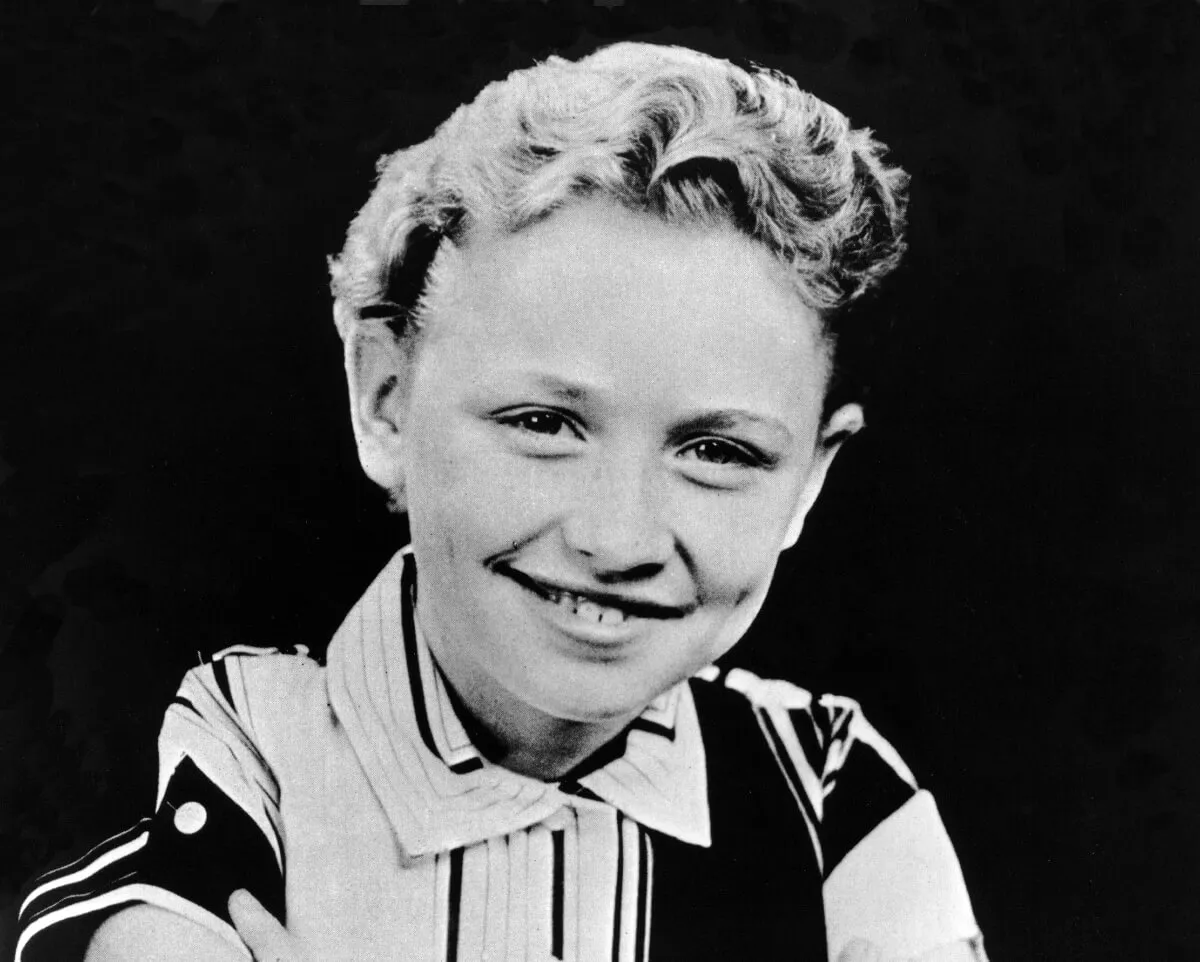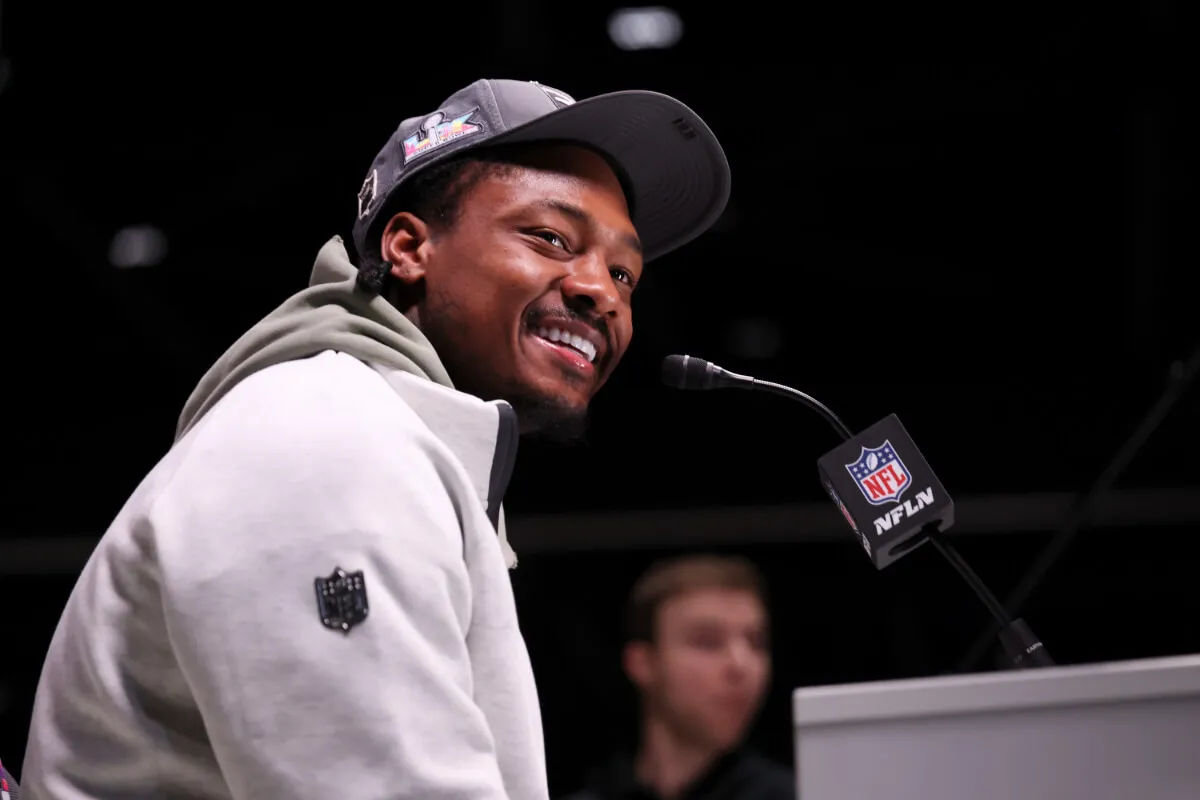
John Lennon’s ‘Give Peace a Chance’ Was Sung When the Berlin Wall Fell
In a glorious moment, John Lennon‘s “Give Peace a Chance” was performed when the Berlin Wall fell. That was only one of many historical events connected to the song. Paul McCartney connected a psychedelic Beatles song to the fall of the Berlin Wall.
John Lennon’s ‘Give Peace a Chance’ was performed at the Tiananmen Square protests
David Sheff conducted an interview in 1980 that became the book All We Are Saying: The Last Major Interview with John Lennon and Yoko Ono. For a 2020 reprint of the book, Sheff wrote an essay commenting on John and Yoko’s legacy. “Like millions of others, I still grieve John’s death, but he lives on in his music and his and Yoko’s message, which are as relevant today as they ever were — maybe more,” Sheff opined.
“John’s song ‘Imagine’ and his and Yoko’s ‘Give Peace a Chance’ have become rallying cries when people around the world protest injustice or celebrate a step forward,” he wrote. “They were sung when the Berlin Wall fell in 1989 and also that year when students marched and were killed at Tiananmen Square in Beijing; at protests against wars in Iraq and Afghanistan; and when, in the late 1980s, there was a (short-lived) moment of hope for a freer Soviet Union.”
David Sheff discussed the recent relevance of John Lennon’s ‘Give Peace a Chance’
Sheff felt “Imagine” and “Give Peace a Chance” were still relevant in the 21st century. “More recently, those songs were sung by demonstrators in Hong Kong during the 2019 pro-democracy protests against the Chinese government and, in the United States, by protestors against the inhumane treatment of immigrants by President Donald Trump and his administration,” Sheff said. Sheff also noted that John’s fans posted the lyrics to “Imagine” online during the coronavirus (COVID-19) pandemic.
Sheff said John and Yoko continued to inspire him. He said their messages were both complicated and simple. Referencing the lyrics of “Strawberry Fields Forever,” Sheff said that people should resits the urge to live life with their eyes closed, even if it was easy. Sheff hoped John would influence his fans to imagine a better world.
Paul McCartney connected ‘The Fool on the Hill’ to the Berlin Wall falling
Sheff wasn’t the only one to connect the Fab Four’s music to the fall of the Berlin Wall. During a 1989 interview with the Los Angeles Times, Paul said “The Fool on the Hill” was one of his best tunes. He said it captured the spirit of the 1960s. He felt that a lot of the ideas of the 1960s were becoming real at that time. Paul said the fall of the Berlin Wall was a 1960s dream that became a 1980s reality.
The “Jet” singer felt there was an element of 1960s politics in the 1980s environmentalist movement and the 1989 Tiananmen Square protests. Paul said liberalism existed before the 1960s, but the decade seemed to “galvanize” the liberal left.
“Give Peace a Chance” is a quintessential 1960s song but its meaning is timeless.


